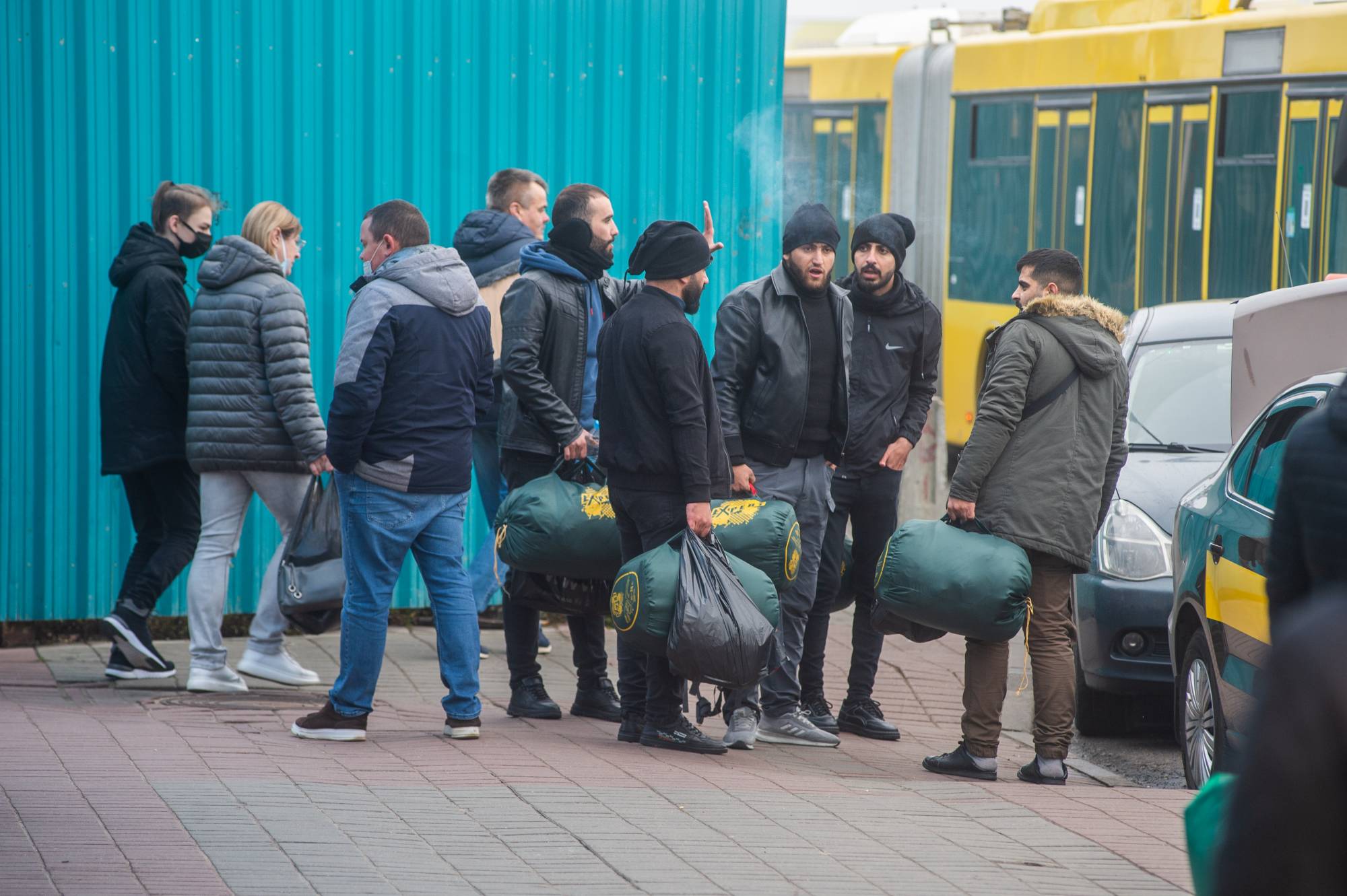For many Americans and Europeans, news that thousands of Iraqi Kurds are among the refugees stranded on the border between Belarus and Poland might have come as a surprise. After all, the Kurdish region of Iraq was supposed to be the one part of that blighted country that had, with substantial Western assistance, escaped the wider tragedy that has played out since the U.S.-led invasion in 2003.
That many Iraqi Kurds are now seeking instead to escape from the region shows the extent to which hopes for economic and political opportunity in the post-Saddam Hussein era have evaporated.
Things had seemed headed in a different direction. In the years after the U.S. invasion, while the central and southern portions of Iraq descended into sectarian bloodletting, the northern provinces under the autonomous Kurdistan Regional Government experienced an economic boom. Blessed with oil wealth, boasting a predictable political environment that was largely free of violence, the region drew investors from around the world. Hotels, malls and residential towers went up in double-quick time, earning Kurdish cities comparisons with Dubai. More democratic progress seemed in the offing.



















With your current subscription plan you can comment on stories. However, before writing your first comment, please create a display name in the Profile section of your subscriber account page.